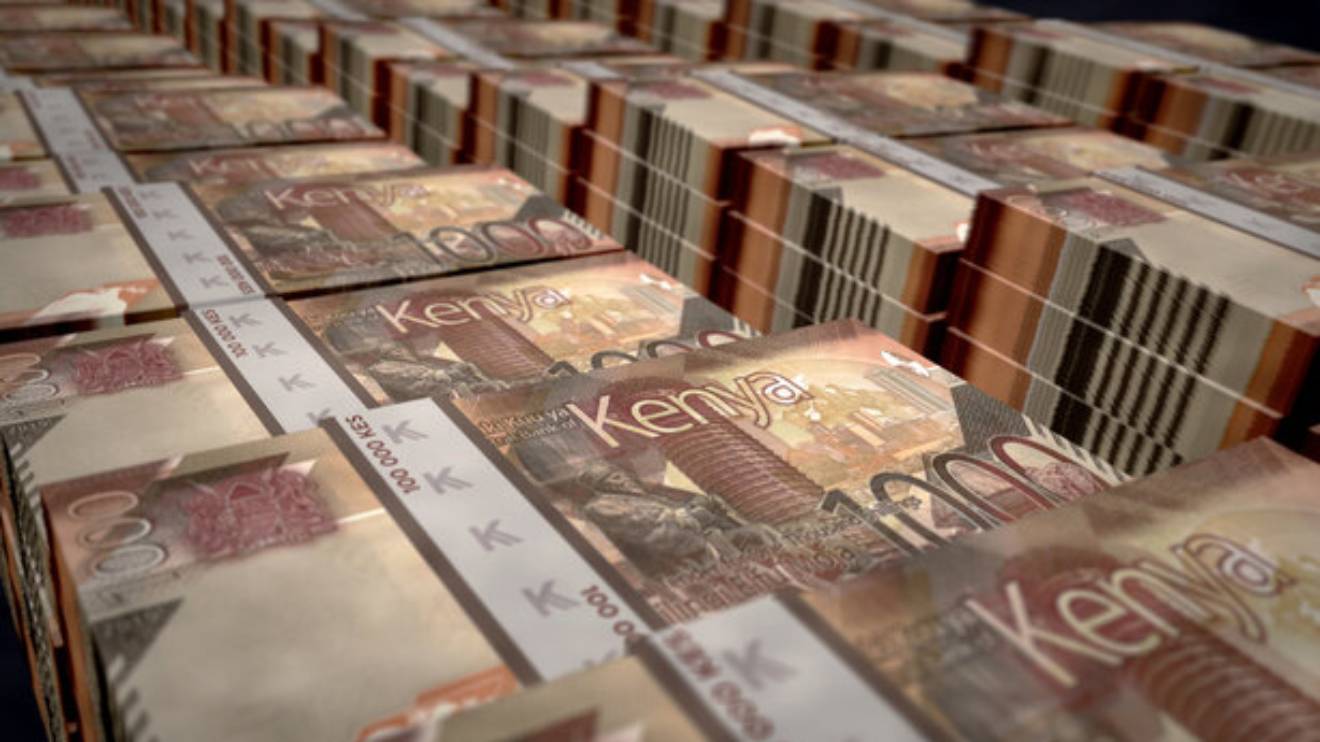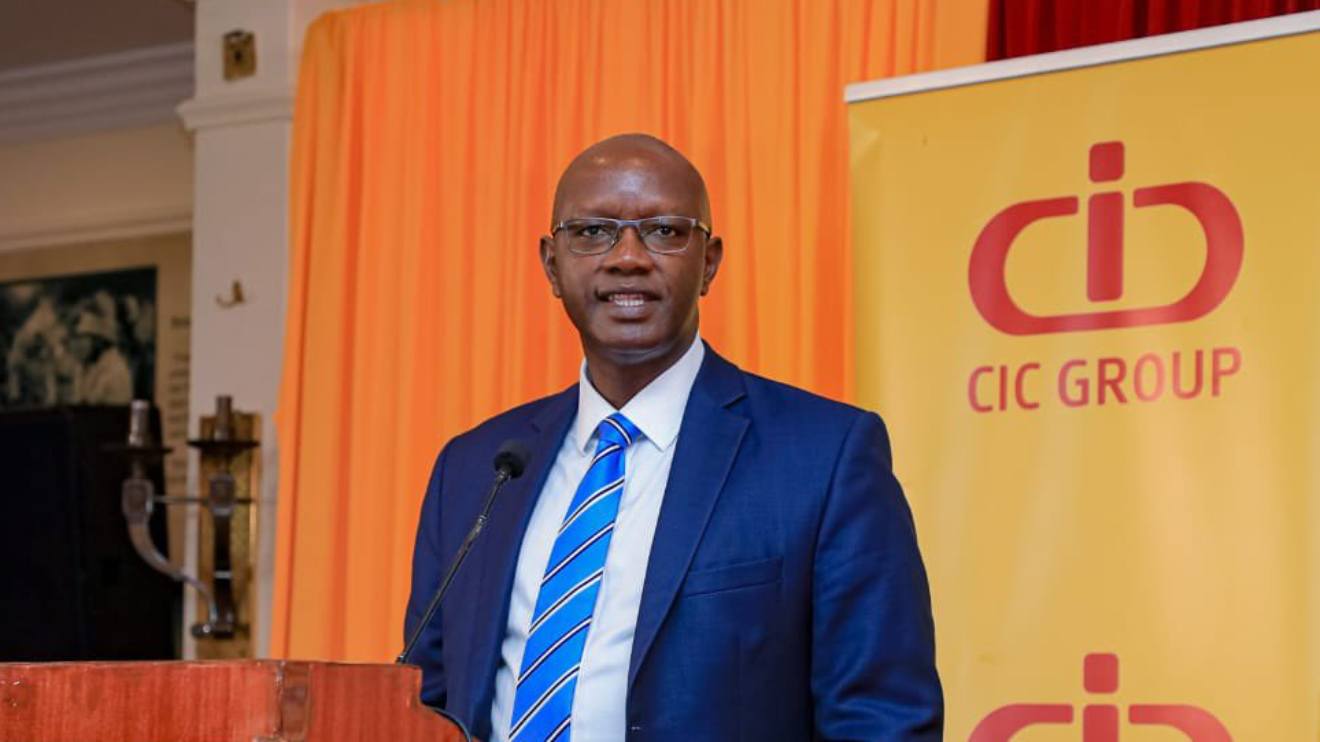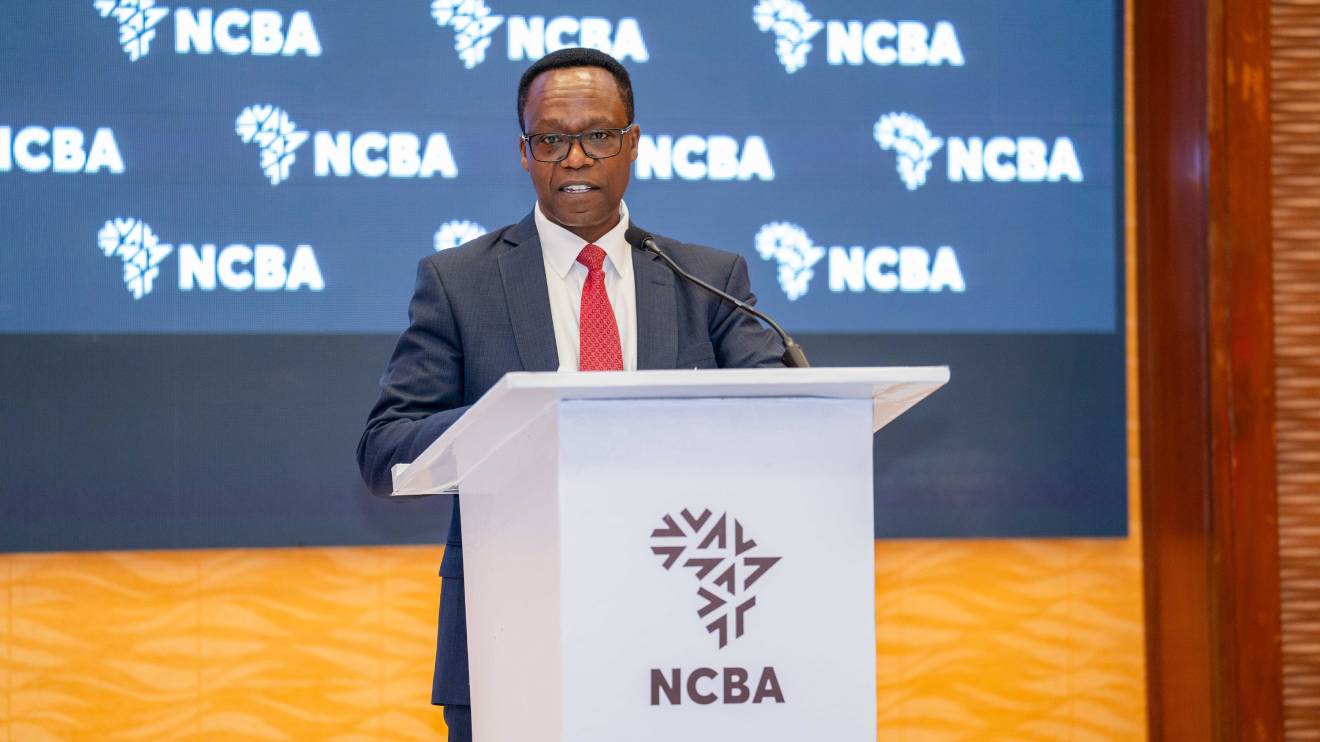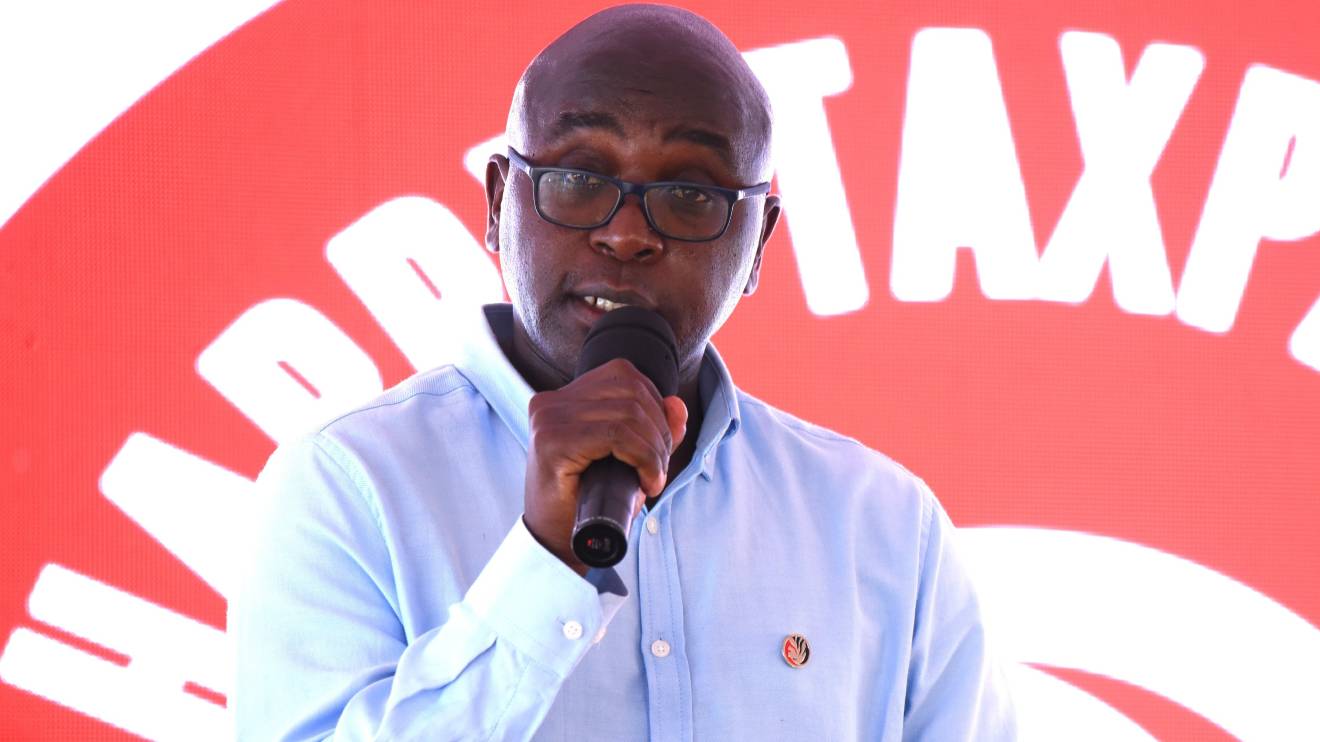Businesses, contractors and suppliers who have endured years of waiting for government payments may soon have cause for optimism, as the National Treasury has announced plans to settle Sh229 billion in verified pending bills, offering long-awaited relief to many who have struggled under the weight of these delays.
Treasury Cabinet Secretary John Mbadi disclosed on Thursday that the government is preparing to settle verified pending bills, bringing relief to thousands of individuals and enterprises that have struggled for years.
Mbadi, who was speaking during the presentation of the 2025/26 budget estimates, confirmed that the Pending Bills Verification Committee is finalising its audit and will deliver its findings before the close of June.
“The government remains committed to resolving the long-standing issues of pending bills as part of the broader effort to strengthen public resource management and restore public confidence in the government processes,” Mbadi remarked.
The special committee, which was constituted in 2023 under the leadership of former Auditor General Edward Ouko, has been auditing liabilities accumulated between 2005 and 2022.
Read More
According to data presented by Mbadi, out of 65,625 claims valued at more than Sh571.6 billion that were submitted for review, the committee has so far scrutinised 57 per cent.
This represents bills worth Sh522 billion, of which Sh229 billion has been recommended for settlement.
The Treasury chief further noted that the report’s recommendations will be forwarded to the Cabinet for approval once submitted.
He explained the next steps, stating, “From there, we shall embark on clearing the eligible bills, starting with those related to individuals, businesses, and MSMEs, the majority of whom have borne the brunt of unemployment.”
The figures underline the scale of the problem, with national government pending bills from June 2005 to June 2022 standing at Sh481 billion.
County governments, on their part, owe Sh159.9 billion.
The multi-agency committee overseeing the verification process draws members from several key government institutions.
These include the Office of the Attorney General, the State Department of Roads, the State Department of Public Works, the State Department of Housing and Urban Development, and the Public Procurement Regulatory Authority.
In addition, representatives from the Ethics and Anti-Corruption Commission, the Law Society of Kenya, the Institute of Engineers of Kenya, and the Institute of Certified Public Accountants of Kenya are part of the team.
Beyond verifying claims, the committee is also expected to propose strategies aimed at preventing the accumulation of pending bills in future, as authorities seek to ensure better fiscal discipline and enhance accountability in public spending.


-1756474472.jpg)



-1753733469.jpeg)


